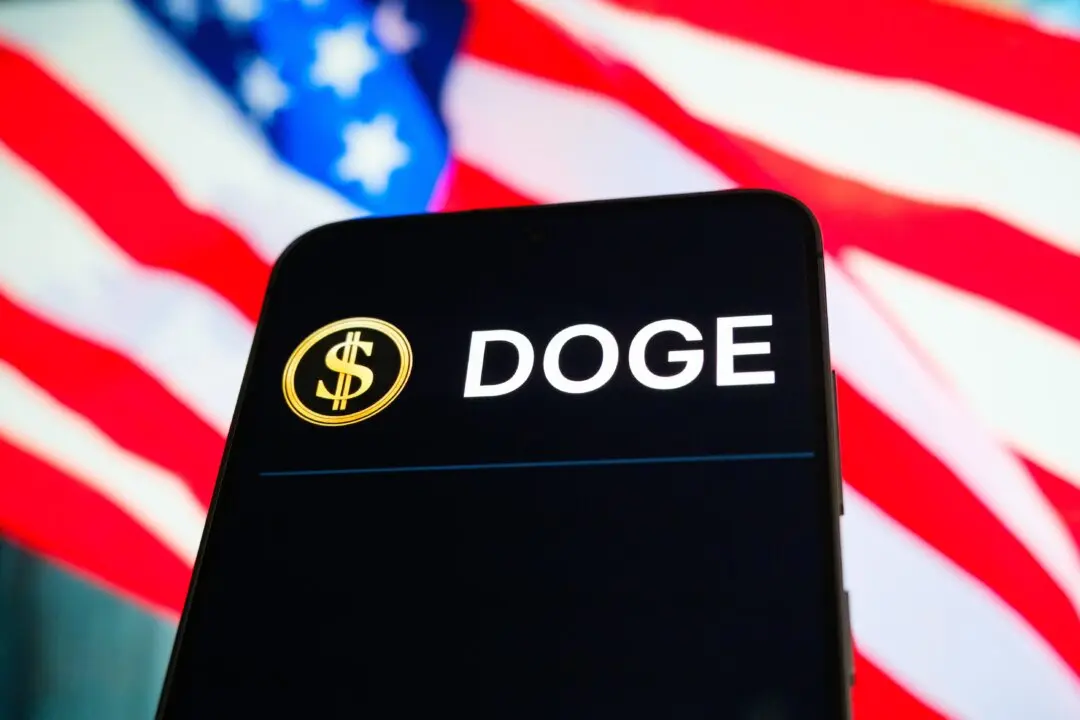The U.S. Supreme Court has agreed to hear a long-running First Amendment case that may decide whether public schools have the authority to discipline students for their off-campus, online speech.
The case in question stems from a 2017 incident in which a Pennsylvania high school student, identified as B.L., posted a profanity-loaded message on the social media platform Snapchat after she was placed on the junior varsity cheerleading team instead of the varsity team. A teammate of B.L. took a screenshot of her offensive message and reported it to cheerleading coaches, who then suspended the teenager from the team for a year, citing team and school rules about foul language and disrespect for teammates and coaches.





